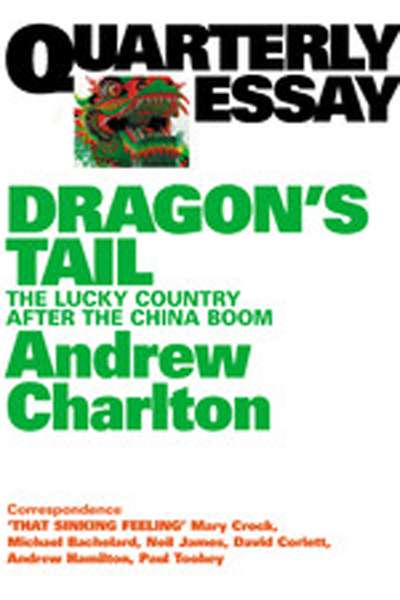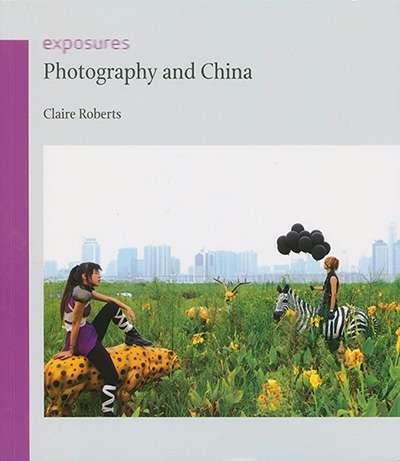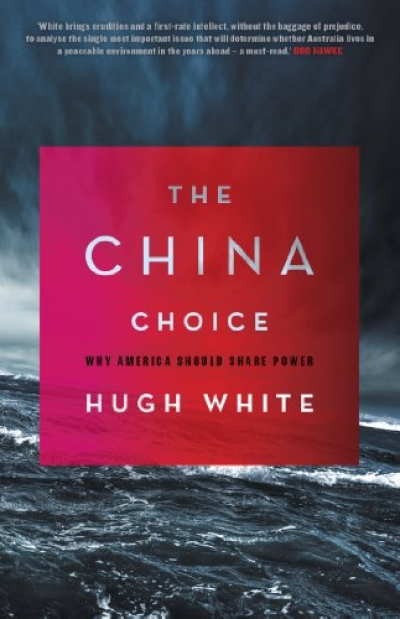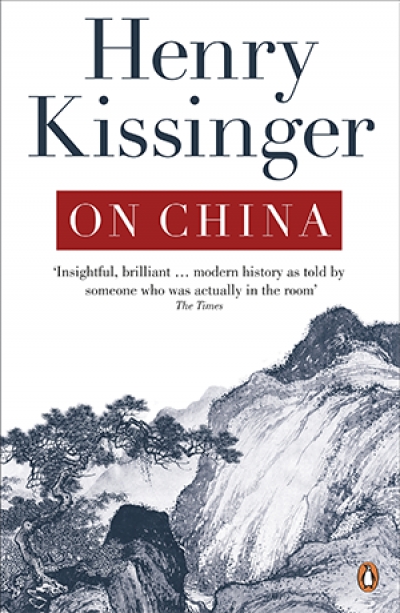China
The New Emperors: Power and the princelings in china by Kerry Brown
by Nick Hordern •
Dragon’s Tail: The Lucky Country after the China boom (Quarterly Essay 54) by Andrew Charlton
by Kerry Brown •
The Reporter and the Warlords: An Australian at Large in China’s Republican Revolution by Craig Collie
by Nick Hordern •
The China Choice: Why America Should Share Power by Hugh White
by Nick Bisley •
Riding the Trains in Japan: Travels in the sacred and supermodern East by Patrick Holland
by William Heyward •
There Goes the Neighbourhood: Australia and the Rise of Asia by Michael Wesley
by Hugh White •
Waiting for the Owl: Poems and songs from ancient China by Ian Johnston (transl.)
by Barry Hill •










